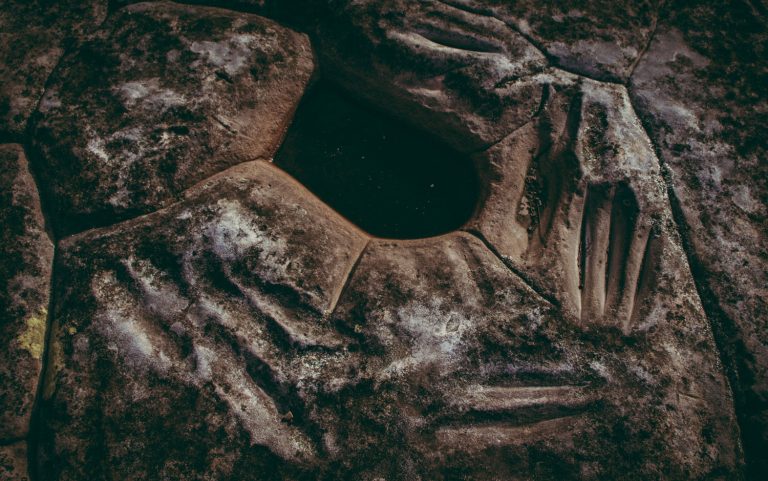Understanding Aboriginal Heritage requirements in NSW protects your project and our history
Aboriginal Heritage Due Diligence is an essential step in the planning and development process, particularly when it comes to protecting Aboriginal heritage in New South Wales .
This process involves an assessment of a project site to help determine if there is potential for a development proposal to impact Aboriginal heritage sites and places. Navigating these complexities and ensuring that your project complies with legal requirements and respects the cultural significance of the land, involves a very specific set of Aboriginal Heritage skills and experience.
Why Heritage Due Diligence Matters
In NSW, all Aboriginal heritage sites and places are legally protected, whether they are previously recorded or not. This means that even if a site is not listed on any register, disturbing an unrecorded site could lead to significant legal consequences, including hefty fines of hundreds of thousands of dollars. A Heritage Due Diligence assessment provides a legal safeguard against prosecution if inadvertent disturbance to an Aboriginal heritage site occurs.
Beyond legal implications, failing to conduct due diligence can result in costly project delays. If heritage items are unexpectedly discovered during construction, work may be halted, leading to stand downs and extensive delays until the issue is resolved. By proactively engaging in due diligence prior to construction, you can reduce these risks and proceed with your project with greater confidence.
The Due Diligence Process: Quick and Effective
One of the key benefits of a Heritage Due Diligence assessment is its efficiency. Depending on the complexity and scale of your project, the assessment can typically be completed within 1 to 4 weeks. This is a much shorter timeframe compared to the months of delays that can occur if unexpected sites are found during construction.
What is an Aboriginal Heritage Site?
• Stone Artefacts: The most common and manageable site type often found scattered across the landscape.
• Scarred Trees: Trees that have been culturally modified by Aboriginal people, where old growth trees remain.
• Shell Middens: Accumulations of shellfish remains that can contain burials and fireplaces, located in coastal areas or inland rivers.
• Hearths and Mounds: Evidence of ancient campfires and cooking sites and burials, common in western NSW.
• Grinding Grooves and Rock Engravings: Rock surfaces where tools were sharpened, or food was processed, or figures and motifs engraved, prevalent in sandstone country.
• Rock Shelters and Burials: Natural shelters and overhangs that contain cultural deposits, art and burial sites that hold significant cultural importance.

There are also landscape features that may hold potential to contain these sites that requires expertise to identify as they can be obscured by vegetation or soil deposits.
The presence of these sites does not necessarily impose restrictions on your project. Often, with the expertise of a consultant archaeologist, projects can proceed by avoiding these sites. Where Aboriginal heritage sites are identified, it is essential to seek assistance from archaeologists with the experience to identify the most effective management strategies and navigate you through an approval process to achieve best outcomes for all stakeholders.
The Importance of Being Proactive
There have been recent examples where Aboriginal sites were found without the proponent having conducted the appropriate assessment. This has led to costly delays in progressing their projects. Being proactive and getting a due diligence assessment done during the early planning stages will enable developers and project managers to proceed with the information and confidence needed to manage risks effectively.
Comprehensive Heritage support
At NGH, we offer comprehensive support covering all aspects of Aboriginal and Non-Aboriginal heritage, including research, field surveys and excavations, significance and impact assessments, development of practical management outcomes for development projects, and consultation with communities.
To learn more about how we can assist with your Aboriginal Heritage needs, including Aboriginal Heritage Due Diligence, please feel free to reach out to our team.
